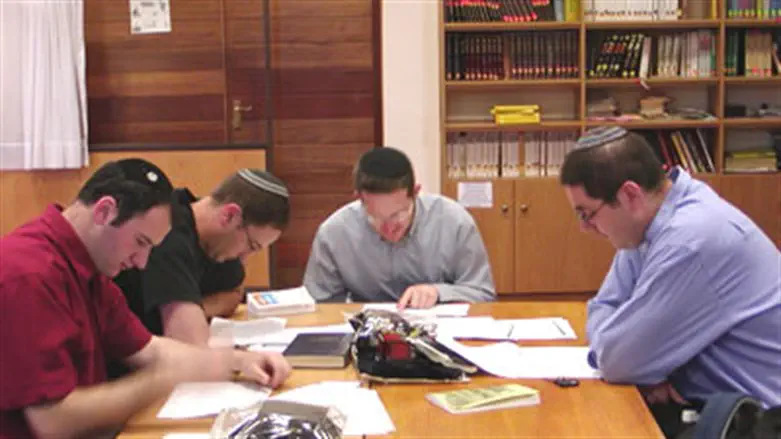
Dedicated in memory of Yaakov ben Avraham and Sarah Aharonov z"l
This week's Dvar Torah is by Matanya Weiss, former Shaliach in Memphis (2020-2021) and currently a student at Ariel University
There is a famous idea that many commentators bring that explains a good many different questions and issues around the story of the exodus. The idea says that that the Israelites were so deeply immersed in the state of slavery that part of the process of the redemption that they had to go through was not just a physical one but rather a spiritual redemption to draw them out of the state of mind of a nation of slaves.
I would like to tag along with our sages and bring two examples of this principle.
G-D commands Moshe:
"דבר נא באזני העם, וישאלו איש מאת רעהו ואשה מאת רעותה כלי כסף וכלי זהב"
Before finally leaving Egypt, the Israelites are tasked with one last little task- borrow gold and silver items from your Egyptian neighbors. The obvious question pops up right away- is that what they need in their journey in the desert? Rashi explains that G-D told Avraham that his descendants would be slaves in another country and then exit with riches. Since the first part happened, it is only fair that the second part happen too.
But our question still stands strong- why promise in the first place that they will exit with riches? What good does that do to them, schlepping all that stuff around the desert?
That’s where our idea kicks in. Rav Kook suggests that the command to borrow gold and silver is part of the processes of freeing the Israelites from the state of mind of a slave. The ability to ask for money for the work you do is a free man's trait.
Let's see another example. The Gemara in Pesachim raises an issue. We are told to drink four cups of wine on seder night but there is a principle in the Gemara that we don’t do things in pairs because of Ain Hara. The Gemara brings different opinions on why the four cups are still okay and one of the opinions is Ravina's. Ravina says:
"ארבעה כוסות תקינו רבנן דרך חירות כל חד וחד מצוה באפי נפשיה"
Ravina explains that the four cups that the sages tell us to drink in a manner of freedom are independent mitzvot, so it is not considered a pair. If we analyze Ravina's saying out of context, we can suggest something very interesting. Ravina says that we drink the four cups in a manner of freedom and that every cup is a stand-alone mitzva.
Is there a connection between these two parts of his saying? Let us apply our famous idea and suggest that the mitzva of drinking the four cups is what gives it the nature of a manner of freedom. Intuitively we don’t connect obligations with freedom- on the contrary- they are opposites. But if we understand that part of the redemption of Israel was a psychological exodus, we can suggest that the mitzvot are part of this journey. The way to give the children of Israel their own identity and culture and to free them from the `slave state of mind` was to give them their own set of rules to live by that will shape the nations character.
The mitzvot were given as part of the process of freeing the Israelites from the slavery of the mind and giving them their own identity.
Shabbat Shalom!
For comments: matanyaweiss@gmail.com
Torah MiTzionwas founded in 1996 to establish a global network of community-based Torah Learning Centers (Batei Midrash). The Centers invite and enable every Jew around the world, whatever their denomination or current knowledge level, to learn and actively interact with their fellow Jews and to engage with their own Jewish heritage.